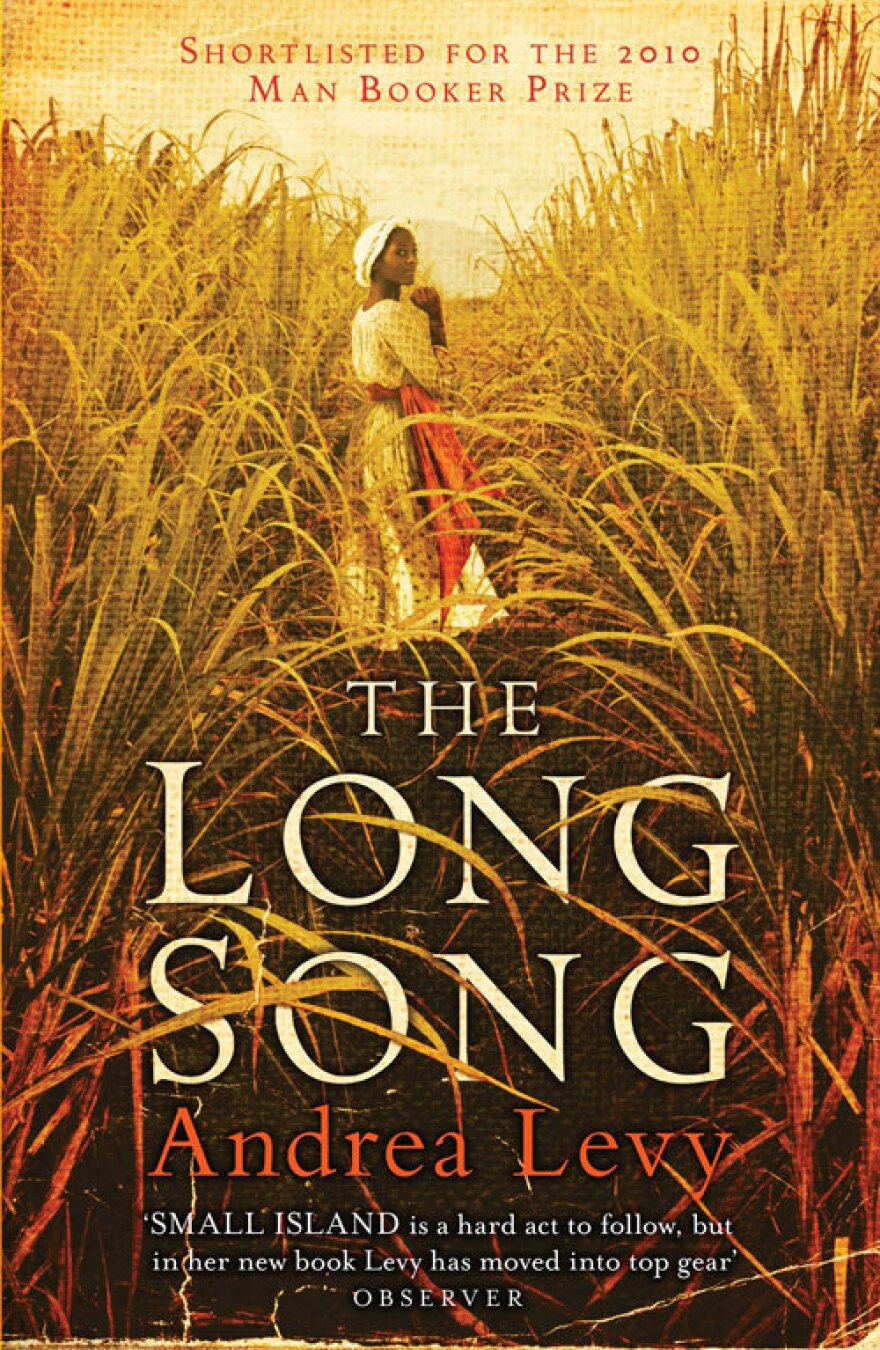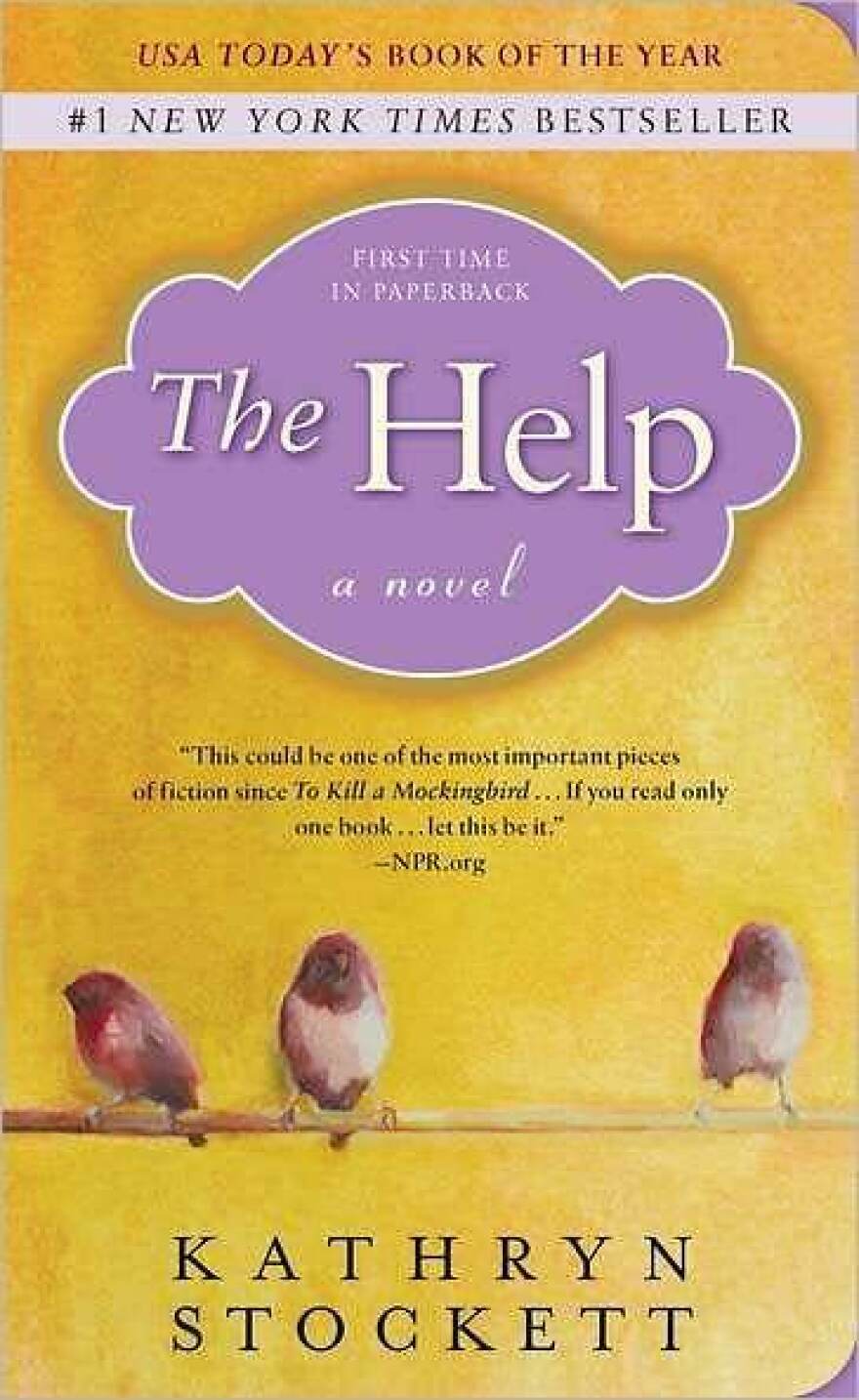Our Kind Of Traitor
by John le Carre
The end of the Cold War forced a lot of thriller writers into early retirement or irrelevancy. John le Carre has avoided this fate largely because his main interest has always been in the deceptions and self-deceptions of the human mind, the dangers of ideological thinking and the corruptions of power — none of which, sadly, disappeared from our world along with the Soviet Union. Our Kind of Traitor more than anticipates the recent WikiLeaks disclosures about Russia's degeneration into a mafia state; it shows, too, the sinister ways in which many people in democracies enable the violence and brutality of unfree societies. Our Kind of Traitor is a book to read on a long winter's evening. It quickly draws you in — le Carre excels at quick portraiture as well as being a master of narrative suspense — and you emerge from the novel feeling a little more cynical about the world, and definitely a lot wiser.
320 pages, $15, Penguin Books

Island Beneath The Sea
by Isabel Allende
Isabel Allende's appeal as a novelist hasn't just been her fascinating background — she grew up in Peru, Chile, Bolivia and Lebanon and was the cousin of deposed Chilean President Salvador Allende — but also her lyrical, enchanting narrative style, at times a kind of Day-Glo version of magical realism. Her latest novel, Island Beneath the Sea, is a sprawling, multifaceted historical epic, like her 1982 best-seller, The House of Spirits, and her underrated Ines of My Soul. Island Beneath the Sea follows a young woman born into slavery, Tete, and her master, Toulouse Valmorain, through Haiti and New Orleans, over several years. While Allende has always been comfortable chronicling grand passion and deep love, she's at her best here when she's angry — her descriptions of the treatment of Valmorain's slaves, particularly the sexual assault of Tete, are shocking. At its best, Island Beneath the Sea is elegant, moving and infused with a real sense of loss.
480 pages, $14.99, Harper Perennial

The Long Song
by Andrea Levy
Andrea Levy came to prominence when her debut novel Small Island won England's 2004 Orange Prize for Fiction and the Whitbread Book of the Year awards. Her follow up, The Long Song, is a remarkable and profoundly imagined re-creation of plantation life in the waning days of slavery in 1830s Jamaica. It's narrated by July, a bold, engaging and keenly observant mulatto. Levy is masterful at orchestrating the complex intimacies among those living together in the plantation owner's "great house," where his sister teaches July to read and turns to her for protection during a bloody 1832 slave rebellion. Levy lends humanity to even the most brutal of her characters in this saga of hardship, cruelty and resistance, while seasoning her solemn tale with moments of comedy, even farce. But the stroke of genius that makes this radiant novel soar is the forthright, courageous, captivating and indomitable July.
352 pages, $15, Picador Books

The Help
by Kathryn Stockett
Told from three different points of view, The Help takes place in Jackson, Miss., in the early 1960s, when the Deep South was beginning its immersion into the civil rights movement. Kathryn Stockett captures both black and white voices, and all three main characters — renegade debutante Eugenia "Skeeter" Phelan, and housekeepers Aibileen Clark and Minny Jackson — are complex, admirable women.
534 pages, $16, Berkley Books

Crazy Like Us: The Globalization Of The American Psyche
by Ethan Watters
Author Ethan Watters thinks that America is "homogenizing the way the world goes mad." In Crazy Like Us: The Globalization of the American Psyche, he describes how American definitions and treatments of mental illness have spread to other cultures around the world. "[McDonald's] golden arches do not represent our most troubling impact on other cultures," Watters writes. "Rather, it is how we are flattening the landscape of the human psyche itself. We are engaged in the grand project of Americanizing the world's understanding of the human mind." Though the United States is often eager to help after wars and natural disasters, he argues that we should be cautious about treating the consequences of trauma in countries where therapists have little understanding of the culture, and where they may undercut local efforts that are more effective.
320 pages, $16, Free Press
Charlotte Abbott edits "New in Paperback." A contributing editor for Publishers Weekly, she also leads a weekly chat on books and reading in the digital age every Friday from 4-5 p.m. ET on Twitter. Follow her at @charabbott or check out the #followreader hashtag .
Copyright 2023 NPR. To see more, visit https://www.npr.org.



